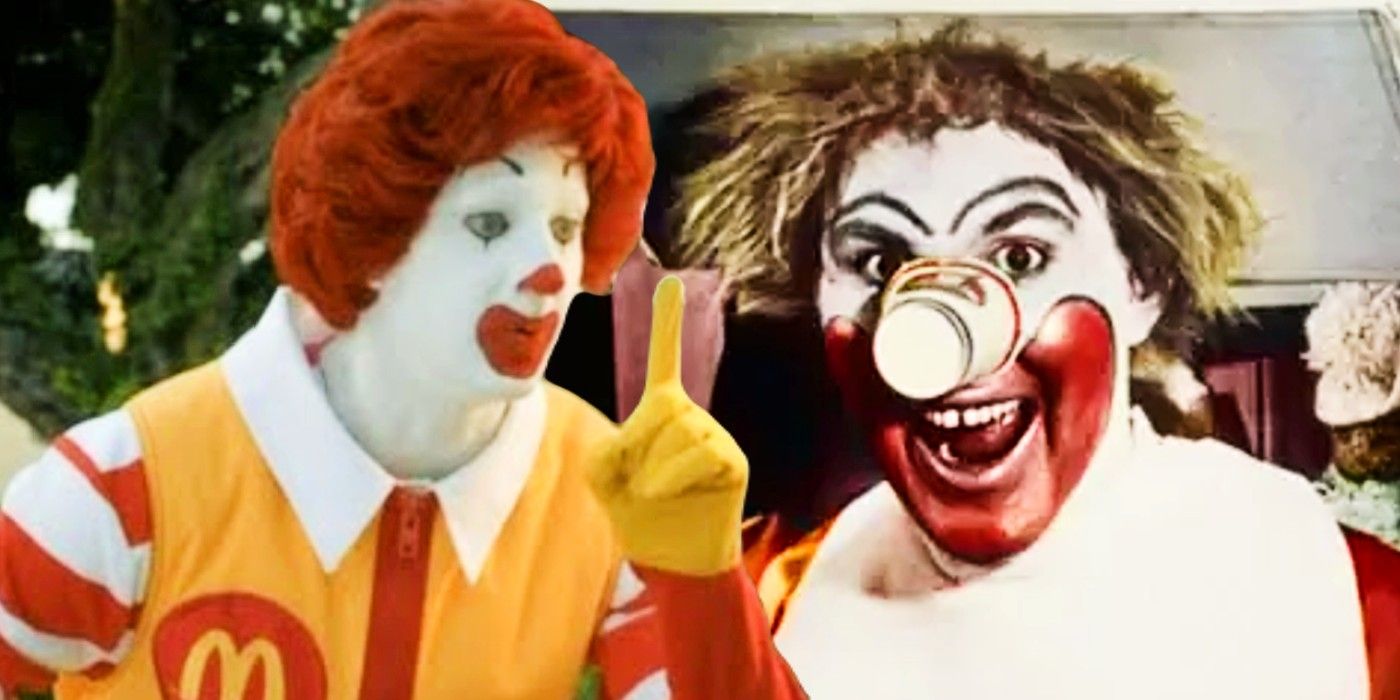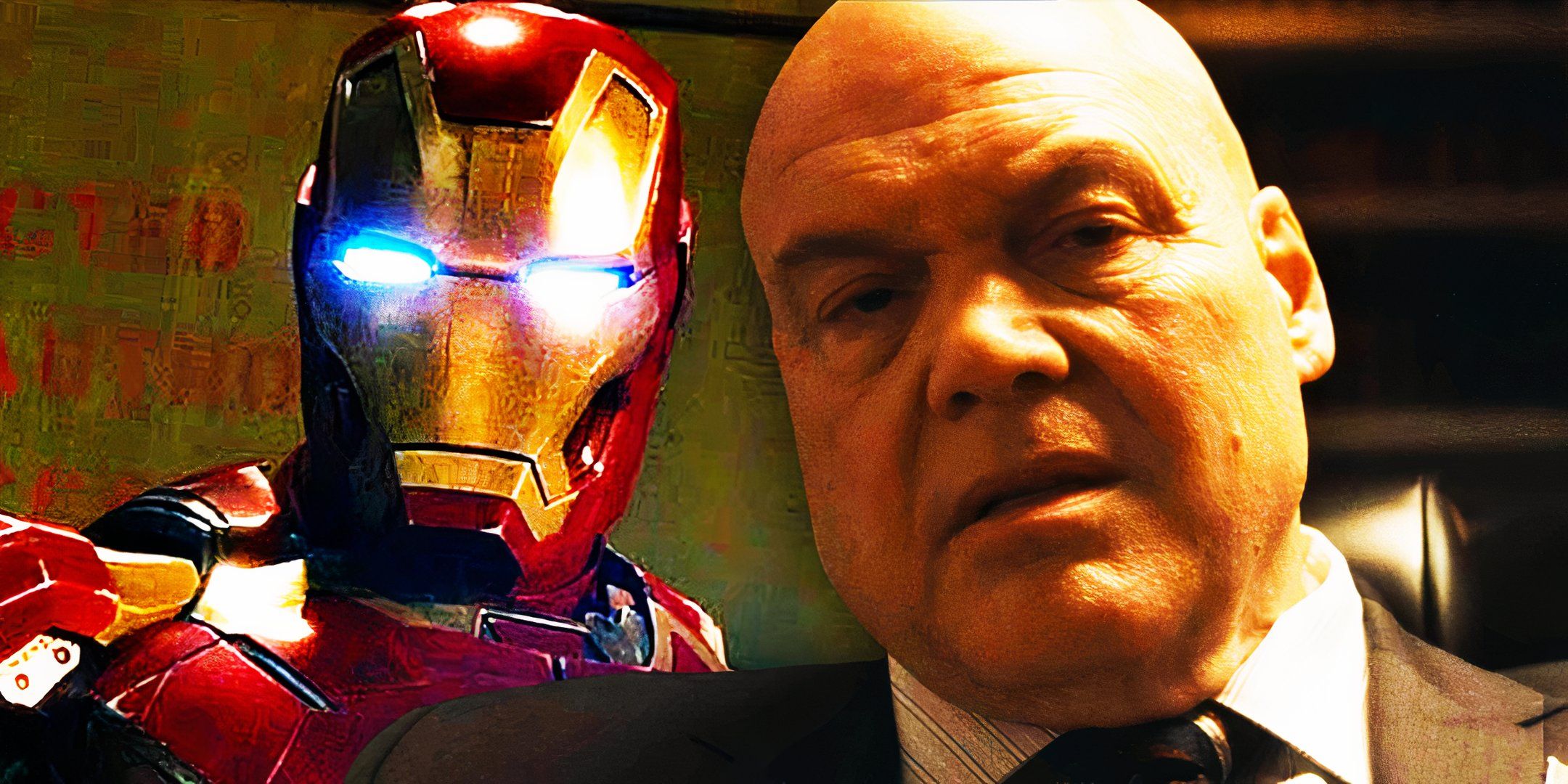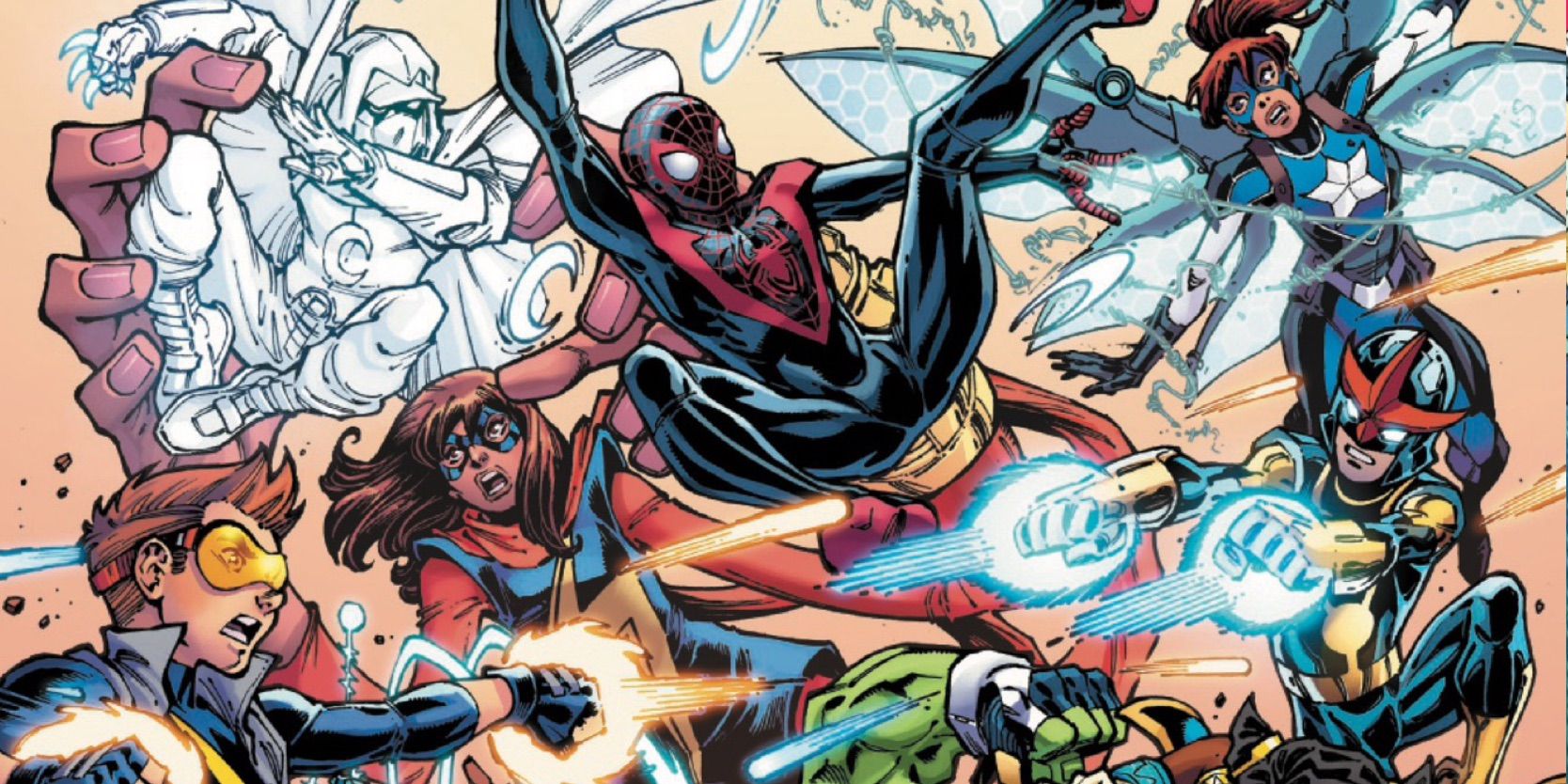I Never See Ronald McDonald Anymore: Why McDonald's Seemingly Retired Their Clown Mascot
Summary Ronald McDonald's decline in visibility is due to public incidents, changing marketing strategies, and advocacy group criticism.
The 2016 clown sightings and the release of It impacted Ronald McDonald's reputation and led to his gradual withdrawal.
By reducing Ronald McDonald's presence, McDonald's aims to align with evolving societal attitudes and ethical marketing standards.
McDonald's has been a household name for decades, but people often wonder what happened to Ronald McDonald. Known for its Big Macs and Happy Meals, the brand has established a strong presence in over 100 countries. McDonald's has always been a pioneer in marketing, utilizing various strategies to attract a diverse customer base. Among these strategies, the most iconic was the creation of Ronald McDonald, a clown mascot who became synonymous with the brand. While Grimace became a popular meme, Ronald was the face of McDonald's for many years, appearing in commercials and events and even visiting schools and hospitals.
However, Ronald McDonald has seemingly disappeared from the spotlight in recent years. The once ubiquitous clown is no longer a prominent feature in McDonald's advertising campaigns or branding. This shift has left many wondering why McDonald's decided to retire such an iconic figure. The reasons behind Ronald's decline in visibility are multifaceted, involving a combination of public incidents, changing marketing strategies, and growing criticism from advocacy groups. Understanding these factors provides insight into the evolution of McDonald's branding and the challenges faced by companies using mascots to appeal to children.
Related McDonald's-Inspired "McVariant" Pokémon Are Actually Genius One Redditor's "McVariants" designs brilliantly merge Pokémon with iconic McDonald's mascots such as Ronald McDonald and The Hamburglar.
Ronald McDonald's Origin Story
The Fast Food Clown First Appeared In 1963
Close
Ronald McDonald made his first appearance in 1963, introduced by McDonald's as a friendly and fun-loving clown to appeal to children. The character was initially portrayed by Willard Scott, a former "Bozo the Clown" performer. Ronald's original costume included a yellow jumpsuit, red and white striped sleeves and socks, oversized red shoes, and a red wig. His cheerful demeanor and playful antics quickly made him a beloved figure among children and families, contributing significantly to McDonald's brand identity.
As the face of McDonald's, Ronald McDonald became central to the company's advertising campaigns. He was featured in numerous television commercials, print ads, and promotional materials. The character also appeared in live-action shows and animated series, further cementing his place in popular culture. Ronald was not just a marketing tool but also a symbol of McDonald's commitment to community involvement. He frequently visited children's hospitals and schools, promoting messages about safety, education, and healthy living.
Other Media Ronald McDonald Has Appeared In Title Year Media Notes Ronald McDonald and the Adventure Machine 1987 Animated Short Film Only shown during birthday parties at McDonald's restaurants Mac and Me 1988 Film Ronald is played by Squire Fridell; credited as "Ronald McDonald as himself" Donald Land 1988 Video Game (Famicom) Released only in Japan The Adventures of Ronald McDonald: McTreasure Island 1990 Animated Direct-to-Video Film McDonald's Treasure Land Adventure 1993 Video Game (Mega Drive) Ronald McDonald in Magical World 1994 Video Game (Game Gear) Released only in Japan; automatically plays in English on Western Game Gears M.C. Kids 1992 Video Game (NES, Game Boy, C64, Amiga, Atari ST, MS-DOS) Global Gladiators 1992 Video Game (Genesis, Master System, Game Gear, Amiga) The Wacky Adventures of Ronald McDonald 1998-2003 Animated Direct-to-Video Series Logorama 2009 Film Unofficial appearance; won an Academy Award for Best Animated Short Film
The popularity of Ronald McDonald was instrumental in the success of McDonald's Happy Meals, introduced in 1979. These meals, targeted at children, often included toys featuring Ronald and his friends from McDonaldland, an imaginary world created to enhance the brand's appeal. The character's widespread recognition and appeal made him one of the most iconic mascots in advertising history.
Related Forget The Grimace Shake, Loki's Sauce Is Taking Over McDonald's As anticipation builds for the release of Loki season 2, the MCU Disney+ series is taking over McDonald's, following Rick and Morty's lead.
Ronald McDonald Seemingly Retired After The 2016 Clown Sightings
Other Media Like Logorama & 2017's It Further Impacted The Clown's Reputation
In 2016, a wave of creepy clown sightings swept across the United States and other parts of the world (via Rolling Stone). These incidents involved people dressing up as clowns and engaging in alarming or threatening behavior, often causing community panic and fear. The phenomenon received widespread media coverage and led to heightened public anxiety about clowns. As the most famous clown in the world, Ronald McDonald was indirectly affected by these events.
The clown sightings likely prompted McDonald's to reevaluate Ronald's role in their marketing and public relations efforts. This decision marked the beginning of Ronald's gradual withdrawal from the forefront of McDonald's branding. While the company did not explicitly retire the character, his presence in advertisements and promotional materials significantly diminished. The situation was further complicated by the release of the 2017 horror film It, which featured a terrifying clown named Pennywise. Based on Stephen King's novel, the film became a cultural phenomenon, reviving the public's fear of clowns.
The Academy Award-winning short film Logorama also negatively portrayed Ronald McDonald, as the clown is a machine gun-wielding antagonist in the animated movie.
Pennywise intensified the negative perceptions surrounding clowns. Interestingly, Burger King seized this opportunity to make a strategic move. The fast-food chain attempted to ban the movie in Russia, claiming that Pennywise resembled Ronald McDonald and that the film could inadvertently boost McDonald's sales (via NewsWeek). This was likely a clever chess move by Burger King to remind potential customers of Ronald McDonald. By publicly expressing concern that It would help McDonald's, Burger King effectively turned the situation on its head, using the horror film to their advantage and reminding customers of the McDonald's mascot.
Ronald's role in mainstream advertising has notably declined, with McDonald's shifting its focus to other marketing strategies and brand ambassadors.
Despite the reduced visibility, Ronald McDonald has not entirely disappeared. He occasionally appears at live events and on social media (via Chicago Business), particularly in contexts related to the Ronald McDonald House Charities. This organization provides support to families with sick children. These appearances are more subdued and controlled, reflecting the company's cautious approach to using the character in a climate where clowns can evoke mixed reactions. However, Ronald's role in mainstream advertising has notably declined, with McDonald's shifting its focus to other marketing strategies and brand ambassadors.
Related What Is Grimace Coin? Elon Musk & McDonald's Birthed A Meme Coin An apparent Twitter joke between Elon Musk and MacDonald's has given rise to a series of meme coins that many worry could lead to major crypto scams.
Groups Have Criticized Ronald McDonald & His Appeal To Children
As A Result, The McDonald's Mascot Hasn't Appeared In Marketing In Years
Another factor contributing to Ronald McDonald's reduced presence is the criticism from advocacy groups regarding his appeal to children. Over the years, various health and consumer advocacy organizations have argued that using a clown mascot to market fast food to children is unethical. Critics claim that Ronald McDonald, like other mascots, exploits children's vulnerability and contributes to unhealthy eating habits, leading to issues such as childhood obesity. One prominent group, the Campaign for a Commercial-Free Childhood (CCFC), has been vocal about the need for companies to stop targeting children with their marketing efforts (via Eco Child's Play).
Ronald McDonald has been likened to Joe Camel (via Connecticut Public Interest Law Journal), the controversial mascot used by the tobacco industry to market cigarettes to young people. The journal highlighted the perceived negative impact of using appealing characters to promote products with potential health risks. This criticism is part of a broader movement advocating for responsible marketing practices, particularly concerning children. Other mascots like the Kool-Aid Man and Tony the Tiger have faced similar scrutiny. Many companies have reevaluated their marketing strategies in response to these concerns, emphasizing healthier options and more responsible advertising methods.
The gradual retirement of Ronald McDonald from McDonald's advertising reflects evolving societal attitudes towards marketing, public safety, and corporate responsibility.
McDonald's has made several changes to its menu and marketing in recent years (via QSR), including offering healthier Happy Meal options and focusing on balanced meals in their advertising. The combination of public incidents, changing consumer expectations, and advocacy group pressure has significantly influenced McDonald's decision to reduce Ronald McDonald's visibility. While the character remains a part of the company's history and community efforts, his role in mainstream advertising has been scaled back to align with contemporary ethical marketing standards. This shift reflects the broader challenges companies face in navigating the complex landscape of brand mascots and public perception.
The gradual retirement of Ronald McDonald from McDonald's advertising reflects evolving societal attitudes towards marketing, public safety, and corporate responsibility. While Ronald McDonald remains an iconic figure in the brand's history, his reduced visibility underscores the importance of adapting to changing consumer expectations and ethical standards. McDonald's continues to evolve, finding new ways to connect with its audience while honoring the legacy of its famous clown mascot.
Sources: Rolling Stone, Eco Child's Play, Connecticut Public Interest Law Journal, QSR, NewsWeek, Chicago Business











COMMENTS